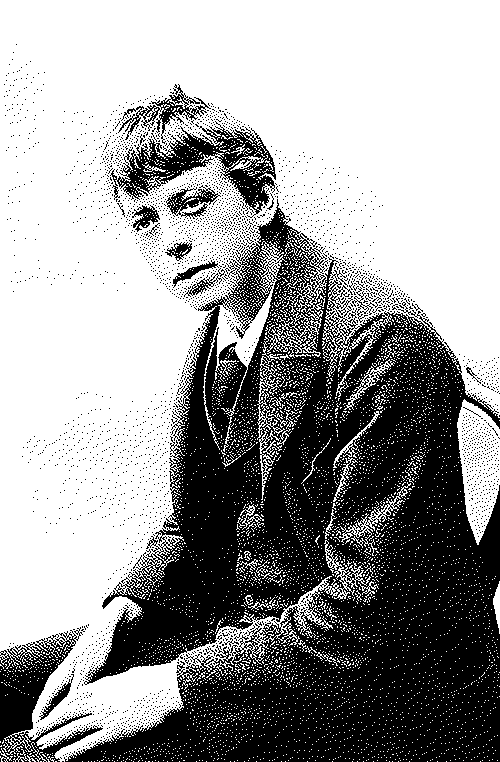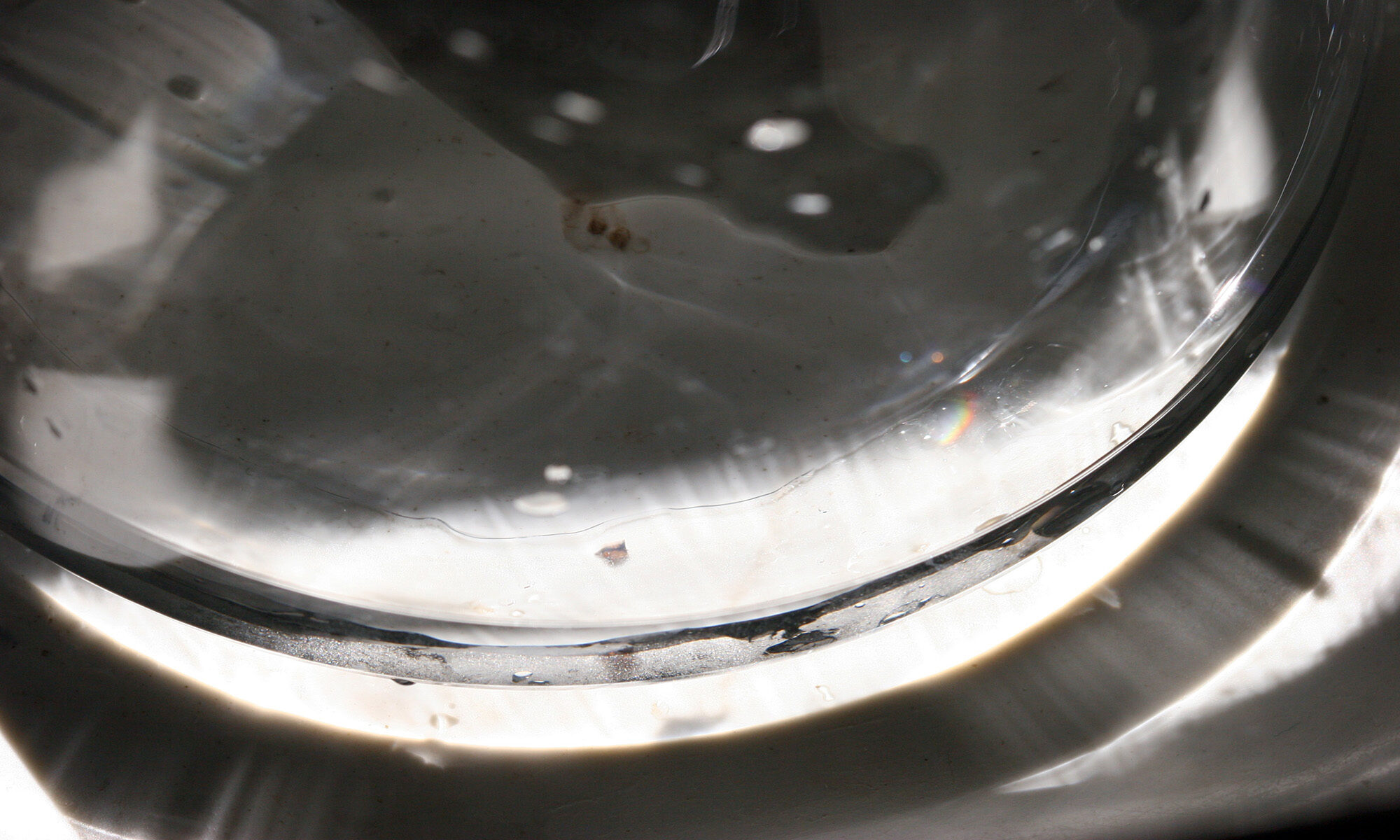I just want to see if one can live and breathe and be in the wilderness too, willing good things and doing them, and sleeping and dreaming at night.

I have seen my brother; we met, what’s more, in the thick of the city crowd. Our meeting turned out to be a very friendly one. It was unforced and affectionate. Johann behaved very nicely, and probably I did, too. We went to a small, reticent restaurant and had a talk there. “Just you go on being yourself, brother,” Johann said to me, “begin from all the way down, that’s fine. If you need help …” I made a gesture of refusal. He went on: “For look, you see, it’s hardly worth it, up there at the top. If you see what I mean. Don’t misunderstand me, brother.” I gave a lively nod, for I knew in advance what he was saying, but I asked him to go on, and he said: “It’s the atmosphere up there. I mean, they’ve all got an air of having done enough, and that stops things, it’s cramping. I hope you don’t quite understand me, for, if you did understand me, brother, you’d be a dreadful person.” We laughed. Oh, to be able to laugh with my brother, I like that. He said: “You are now, so to speak, a zero, my good brother. But when one is young, one should be a zero, for nothing is more ruinous than being a bit important early on, too early on. Certainly: you’re a bit important to yourself. That’s fine. Excellent. But for the world you’re still nothing, and that’s almost just as excellent. I keep hoping you won’t quite understand me, for if you understood me completely …” “I’d be a dreadful person,” I broke in. We laughed again. It was very jolly.
A strange fire began to animate me. My eyes were burning. I like it very much, by the way, when I feel so burned up. My face gets quite red. And then thoughts full of purity and loftiness usually assail me. Johann went on, he said: “Brother, please, don’t always interrupt me. That silly young laughter of yours has a stifling effect on ideas. Listen! Pay close attention now. What I’m telling you may be useful to you one day. Above all: never think of yourself as an outcast. There are no outcasts, brother, for perhaps there’s nothing in this world that’s worth aspiring to. And yet you must aspire, even passionately so. But so as to become not too full of longings: realize that there is nothing, nothing worth aspiring to. Everything is rotten. Do you understand that? Look, I keep hoping that you can’t quite understand all this. It worries me.” I said: “Unfortunately I’m too intelligent to misunderstand you, as you hope I might But don’t worry. Your revelations don’t frighten me at all.” We smiled at one another. Then we ordered some more drinks, and Johann, who, by the way, did look uncommonly elegant, went on talking: “Of course there’s progress on earth, so called, but that’s only one of the many lies which the business people put out, so that they can squeeze money out of the crowd more blatantly and mercilessly. The masses are the slaves of today, and the individual is the slave of the vast mass-ideas. There’s nothing beautiful and excellent left. You must dream up beauty and goodness and justice. Tell me, do you know how to dream?”

I contented myself with a nod, two nods, and let Johann carry on while I listened intently: “Try to earn lots and lots of money. Everything else has gone wrong, but not money. Everything, everything is spoiled, halved, robbed of grace and splendor. Our cities are vanishing relentlessly from the face of the earth. Big chunks of nothing are taking up the space once occupied by dwellings and princely palaces. The piano, dear brother, and the tinkling that goes with it. Concerts and theaters are going down and down, the standpoint sinks lower and lower. There is, to be sure, still something like a society that sets the tone, but it no longer has the capacity for striking the notes of dignity and subtlety of mind. There are books—in a word, don’t ever despair. Keep on being poor and despised, dear friend. Give up the money-idea, too. It’s the most lovely and triumphant thing, it makes one a very poor devil. Rich people, Jakob, are very unsatisfied and unhappy. The rich today: they’ve got nothing left. They are the really starving people.” I nodded again. It’s true, I say yes to everything very easily. But I liked what Johann said, and it suited me. There was pride in what he said, and sorrow. And, well, these two together, pride and sorrow, have a good sound. We ordered some more beer and my opposite number said: “You must hope and yet hope for nothing. Look up to something, yes, do that, because that is right for you, you’re young, terribly young, Jakob, but always admit to yourself that you despise it, the thing that you’re looking up to with respect. Nodding again, are you? Lord, what an intelligent listener you are. You’re like a tree hung with understanding. Be content, dear brother, strive, learn, do whatever good and kind things you can for people. Look, I’ve got to go. When shall we meet again? Frankly, you interest me—” We went out and on the street we said goodbye. For a long time I watched my dear brother as he walked away. Yes, he’s my brother. How glad I am that he is.

